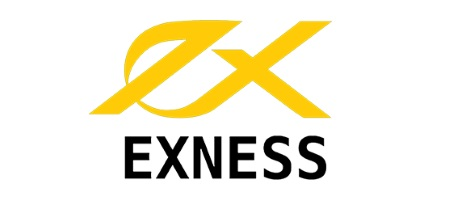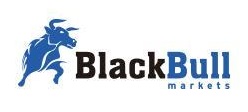Trading Stocks: CFD vs Actual Stocks
Stocks are a popular asset class for investors looking to grow their wealth and diversify their portfolio.
There are two main approaches when it comes to trading stocks: buying actual shares or trading Contracts for Difference (CFDs) on shares. Each approach will give traders market exposure they are searching for, however it is important to note that both ways have their own set of advantages and disadvantages that investors should consider before deciding which approach is right for them.
One key difference between trading real stocks and trading CFDs on stocks is ownership. When you buy a stock, you own a portion of the company and are entitled to a share of its profits and assets. This gives you voting rights and the ability to attend shareholder meetings. In contrast, when you trade CFDs on stocks, you do not own the underlying asset. Rather, you are speculating on the price movements of the stock.
Another difference is leverage. Trading CFDs on stocks allows traders to use leverage, which means they can open larger positions with less capital than would be required to trade the underlying asset. This can amplify potential profits but also increase potential losses. Trading actual stocks does not involve leverage.
Fees are another factor to consider. Trading actual stocks typically involves paying costly commissions and fees to the broker, to the exchange where those stocks were bought and sometimes to the local regulator in case your order gets randomly chosen for a check-up, while trading CFDs on stocks is usually way cheaper for the same market exposure as you only pay spread or commission just to one entity - your broker. Even though your broker may charge a spread or a commission for holding positions overnight when trading CFDs, it is still much less costly compared to trading actual stocks.
Dividends are also treated differently. When you own a stock, you may be entitled to receive dividends if the company distributes profits to shareholders. When trading CFDs on stocks, you do not receive dividends, but the price of the CFD may reflect the expected dividend payment.
Finally, another difference between trading real stocks and trading CFDs on stocks is the ability to short sell the asset. When trading CFDs on stocks, you can short sell the contract, which means you can profit from a decrease in price. However, short selling actual stocks may be more complicated and is prohibited by most brokers.
In conclusion, both trading real stocks and trading CFDs on stocks have their own advantages and disadvantages. Trading real stocks involves owning a portion of the company and being entitled to a share of its profits and assets, while trading CFDs on stocks involves speculating on the price movements of the stock without owning the underlying asset. It's important to understand the differences between the two approaches and the risks associated with each before deciding which approach is right for you.
XM, Exness and Pepperstone brokers offer CFDs on stocks, whereas Black Bull Markets offers actual shares through their Black Bull Markets Shares platform.
EXNESS
EXNESS main features and highlights
Regulation
FCA, CySEC, FSA, CMA, FSCA, CBCS, FSC, FSC
Headquarters
Limassol, Cyprus
Year founded
2008
Num of instruments offered
200+
Trading fees category
Low-Average
Deposit/Withdrawal options
Bank card/wire transfer/Skrill/Neteller/Crypto
Deposit/Withdrawal fee
No*
Min deposit
10$
Inactivity fee
No
Max leverage offered
1:Unlimited**
PEPPERSTONE
PEPPERSTONE main features and highlights
Regulation
FCA, CySEC, BaFin, ASIC, DFSA, SCB, CMA
Headquarters
Melbourne, Australia
Year founded
2010
Num of instruments offered
1200+
Trading fees category
Low-Average
Deposit/Withdrawal options
Credit/debit card; bank wire; Electronic wallet
Deposit/Withdrawal fee
No
Min deposit
1$
Inactivity fee
No
Max leverage offered
500:1*
XM
XM main features and highlights
Regulation
CySEC
Headquarters
Limassol, Cyprus
Year founded
2009
Num of instruments offered
1000+
Trading fees category
Average
Deposit/Withdrawal options
Credit/Debit card, Neteller, Skrill, UnionPay, Web money, and Bank Wire
Deposit/Withdrawal fee
No*
Min deposit
5$
Inactivity fee
Yes**
Max leverage offered
1000:1***
BLACK BULL MARKETS
BLACK BULL MARKETS main features and highlights
Regulation
FMA – New Zealand
Headquarters
Auckland, New Zealand
Year founded
2014
Num of instruments offered
2500*
Trading fees category
Low
Deposit/Withdrawal options
Wire transfer, Credit/debit card, Neteller, Skrill, UnionPay, FasaPay
Deposit/Withdrawal fee
Deposit – No, Withdrawal – 5$
Min deposit
1$
Inactivity fee
No
Max leverage offered
1:500



